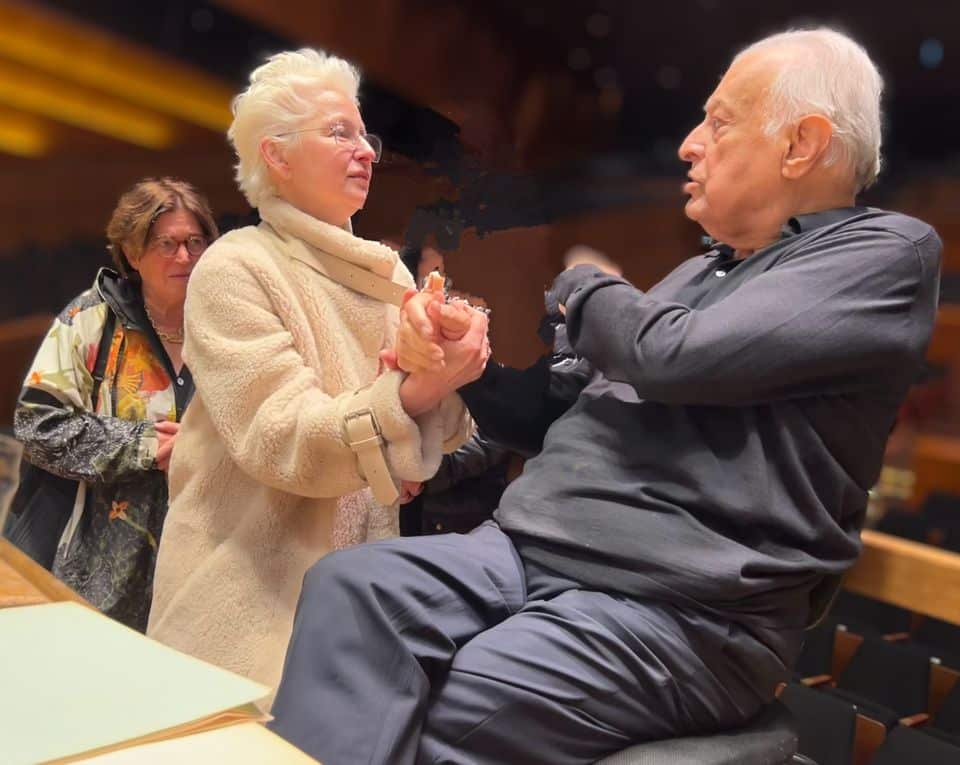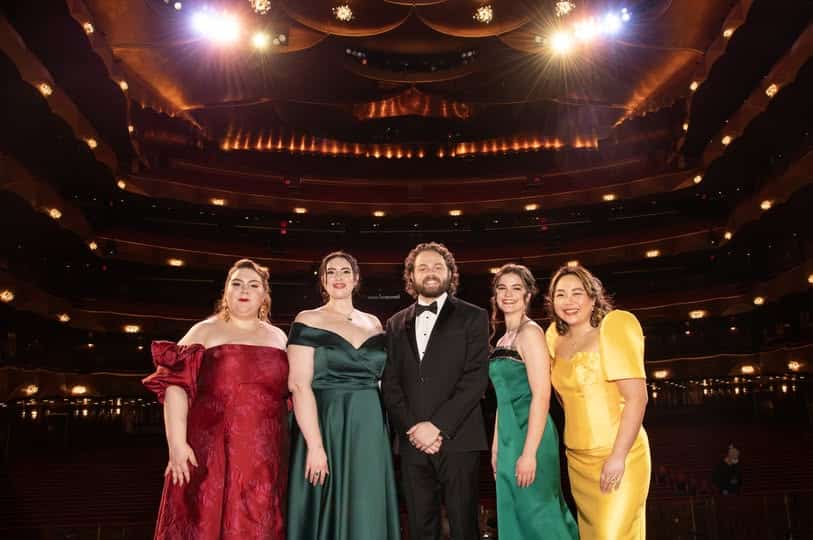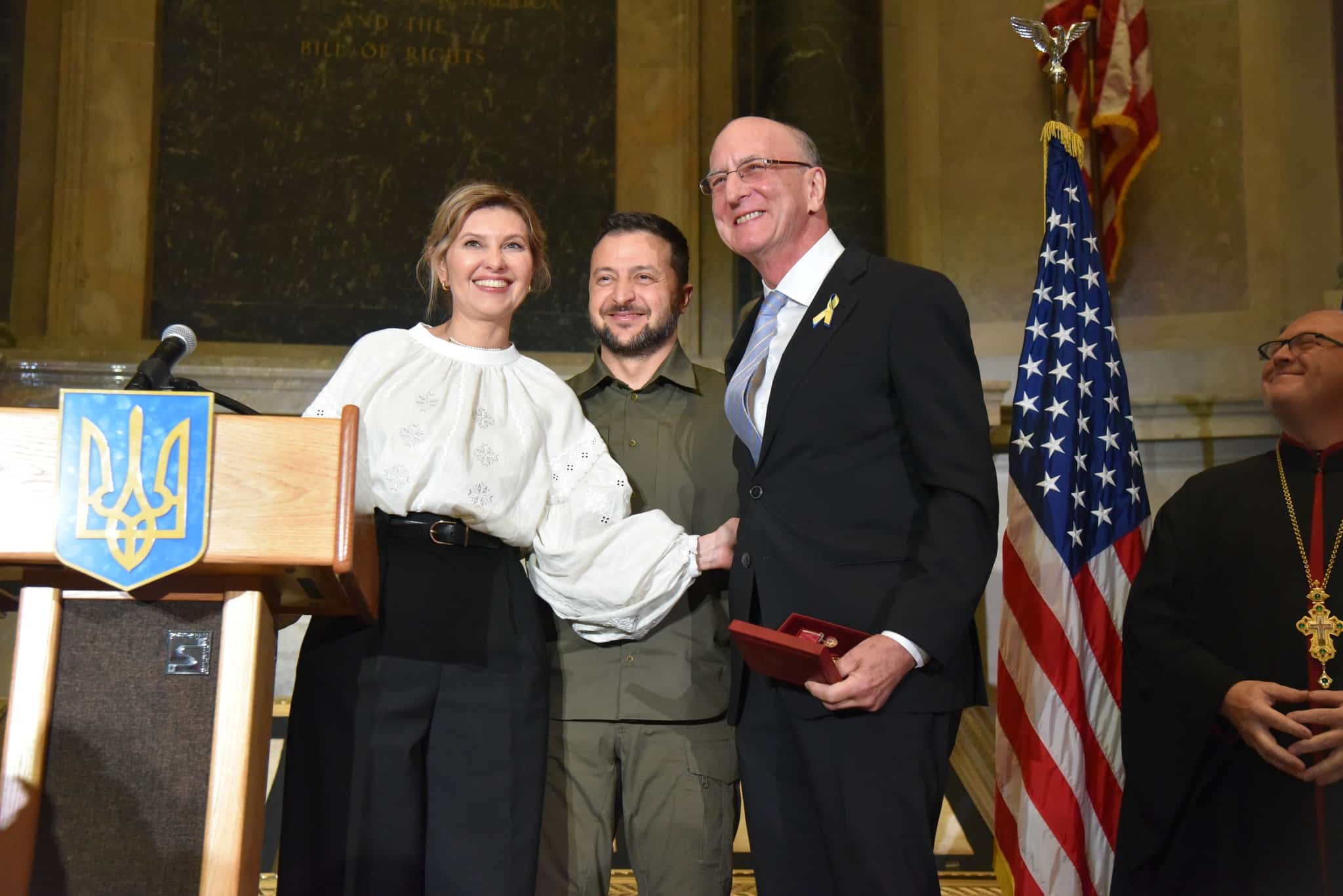Atlanta Symphony: The lasting damage of lock-out
mainReviewing the tumultuous return concert of the Atlanta Symphony after ten weeks of lockout, Mark Gresham found them rusty and under-powered. Not surprising, since there were 31 substitutes on stage.
The real players were away, fulfiling outside engagements that they accepted during the lay-off. The remainder had not played together for four and a half months, since before the summer. It will take a while for them to tune up to each other. The damage of closure is lasting.
Critic Mark Gresham writes:

The main event of the evening was Beethoven’s Symphony No. 9. Sorry to say, what the audience got in this work was not what the ASO sounds like under normal circumstances. But these were not normal circumstances. Although the collective bargaining agreement was successfully wrapped up in time for this concert, many of the ASO’s musicians are still committed to temporary engagements with orchestras elsewhere. It will take several weeks for the musicians on stage to become essentially regular members of the ASO roster.
Of the 71 musicians onstage for the Beethoven, 31 were contracted substitutes. Of those, only one had not previously played with the ASO (the sub principal oboe). Only two of the brass players, one French horn and one trombone, were regular ASO musicians.
The apparent musical consequence seemed to be a choice by Spano to take relatively slow tempos throughout, versus his normal pacing of the work. Perhaps that was a matter of trying to keep together an ensemble in which 44 percent of the players were substitutes.





Comments